Hey there, road trippers! So, you’re thinking about hitting the road in Aruba? Buckle up ’cause you’re in for a treat! Let me take you on a spin through everything you need to know about driving on this slice of paradise.
Scenic Routes that Make You Go Wow!
First off, picture-perfect scenery is pretty much everywhere in Aruba. But if you’re up for a drive that’ll leave you breathless (in a good way), head up north from Oranjestad towards the California Lighthouse. This coastal road is like a postcard come to life—crystal-clear waters on one side and rugged cliffs on the other. Trust me, your Instagram will thank you.
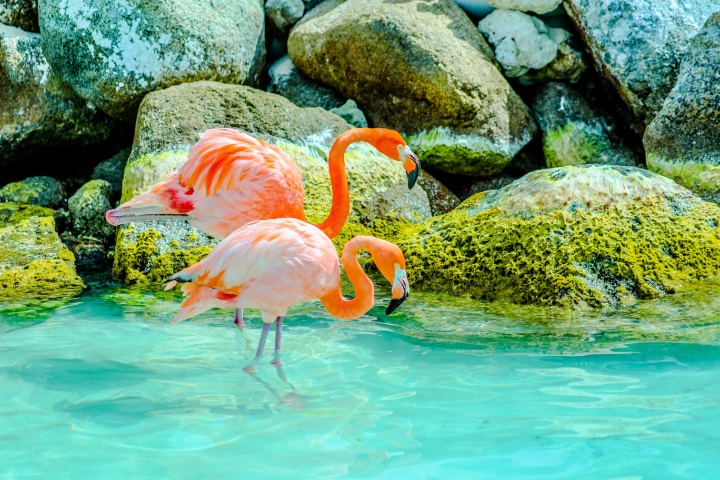
Must-Visit Destinations Along the Way
Now, let’s dive deep into the destinations. Whether you’re a beach bum, a culture enthusiast, or an adventure seeker, this island’s got something special for everyone.
1. Eagle Beach and Palm Beach: Paradise Found
Imagine powdery white sands and waters so clear they’re practically see-through. That’s Eagle Beach and Palm Beach for you. These beaches aren’t just any beaches – they’re world-famous for a reason. Eagle Beach boasts the iconic Divi Divi trees bending gracefully in the breeze, while Palm Beach is where the action is with bustling resorts, water sports, especially kitesurfing and windsurfing, and vibrant beach bars. Grab a cocktail, sink your toes into the sand, and let the stress melt away.
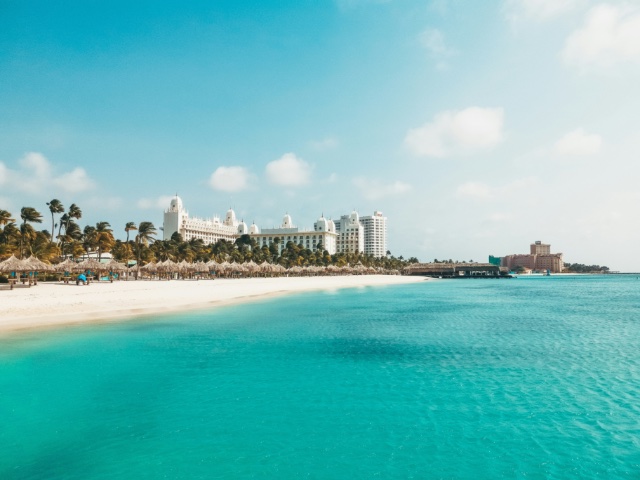
2. San Nicolas: Where Art Meets Culture
For a taste of authentic Aruban culture, make your way to San Nicolas. Known as the “Sunrise City,” this vibrant town on the southern coast is a haven for street art lovers. Wander through the streets adorned with larger-than-life murals that tell stories of Aruba’s history, folklore, and modern-day life. Every corner is a canvas, and every mural bursts with color and local flair. Don’t forget to snap some Insta-worthy shots and immerse yourself in the artistic vibe.
3. Arikok National Park: Nature’s Playground
Ready for some off-road adventure? Arikok National Park is your playground. This rugged wilderness covers almost 20% of the island, offering a diverse landscape of dramatic cliffs, desert-like terrain, and hidden gems waiting to be discovered. Lace up your hiking boots and explore trails that lead to ancient cave paintings, natural rock formations like the famous Natural Pool (Conchi), and stunning vistas overlooking the Caribbean Sea. Keep your eyes peeled for Aruba’s unique wildlife, including wild donkeys roaming freely. It’s a nature lover’s paradise and a glimpse into Aruba’s untamed beauty.
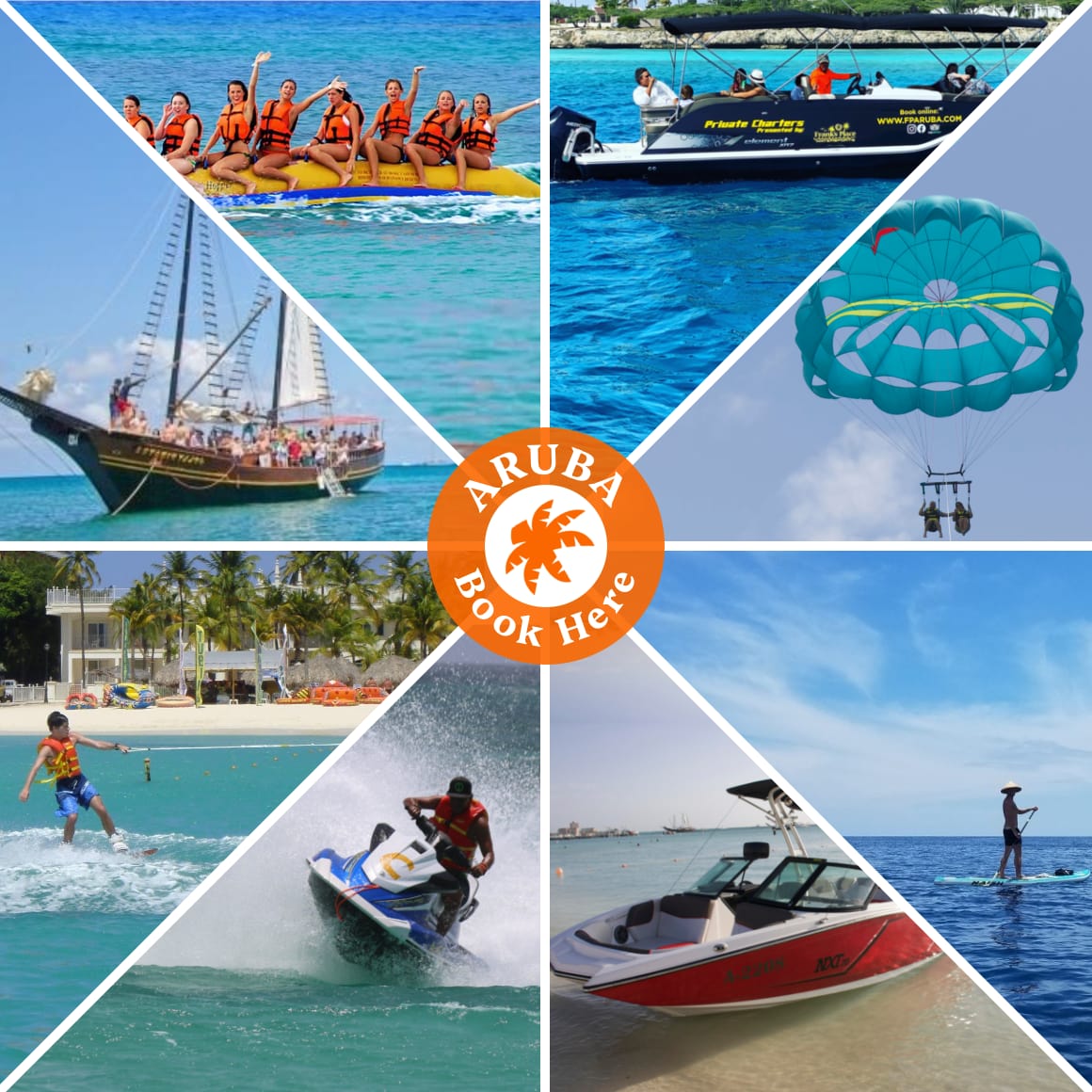
4. Oranjestad: Where History and Modernity Meet
No trip to Aruba is complete without a visit to its capital, Oranjestad. This colorful city blends colonial charm with a cosmopolitan vibe. Stroll along the waterfront boulevard lined with pastel-hued Dutch colonial buildings, boutique shops, and inviting cafes. Discover landmarks like Fort Zoutman, home to the Historical Museum of Aruba, and indulge in local delicacies at bustling street markets. Dive into the island’s history at the Archaeological Museum or simply people-watch in the lively plaza. Oranjestad is where Aruba’s past and present converge, offering a delightful mix of culture, shopping, and dining.
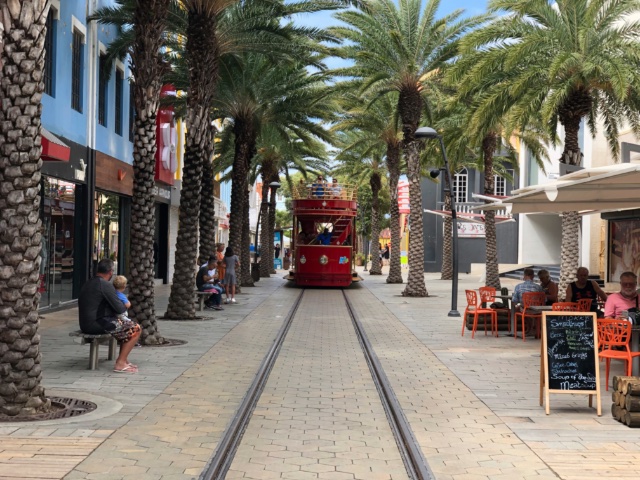
Whether you’re soaking up the sun on Aruba’s best beaches, exploring the vibrant streets of San Nicolas, trekking through Arikok National Park, or immersing yourself in the charm of Oranjestad, each destination paints a unique picture of Aruba’s allure. So, grab your sunglasses, pack your sense of adventure, and get ready to discover why they call this place “One Happy Island.” 🌴
Road Rules (No Stress, Just Chill)
Okay, rules of the road. Keep it cool, folks. Drive on the right side—yeah, American style. Speed limits are in km/h, so watch those signs. Seat belts are a must (safety first, right?). Oh, and if you see a roundabout, yield to the left. It’s like a dance, just go with the flow.
Road Conditions: Smooth Sailing
Good news! The roads in Aruba are like butter – smooth and easy. They keep ’em in tip-top shape, so no pothole dodging here. Just be mindful of some one-lane roads in more rural spots, where you might need to share with the occasional local goat.
Tips for the Ultimate Road Trip
Lastly, a few tips for your road trip playlist. Gas up before you hit the road – stations are scattered around. And hydrate! It gets sunny out there.
So, there you have it. Driving in Aruba is like gliding through a dream. Scenic routes? Check. Awesome destinations? Double check. Road rules and conditions? No sweat. Now grab that rental, roll down the windows, and let Aruba work its magic on you. It’s one happy island for a reason – get out there and soak it all in! 🌴🚗

Secure your car rental in St. Croix with Thrifty Aruba, they are listed on CoolestCarib’s Network of 55+ Caribbean websites.
….
About the publisher CoolestCarib
Coolstcarib.com is a website that focuses on Caribbean travel and lifestyle. It features articles, guides, and information about various destinations, activities, and culture across the Caribbean region. The website covers topics such as travel tips, local events, cuisine, attractions, and even practical advice for travelers visiting different Caribbean islands. If you’re planning a trip to the Caribbean or just curious about the region, checking out coolestcarib.com provides you with insights and inspiration for your adventure.
CoolestCarib is very well-suited for local Caribbean businesses, providing them with opportunities to list services such as restaurants, water sport rentals, car rentals, and accommodations. These business listings then appear on more than 55 reputable Caribbean websites.

Please Note:
- For more articles on Caribbean islands go to CoolestCarib.com
- Follow CoolestCarib on Facebook, Instagram and Twitter
- For website creation, hosting & services visit gandor.tv

Photo Credits:
Palm Beach
Oranjestad
Flamingos
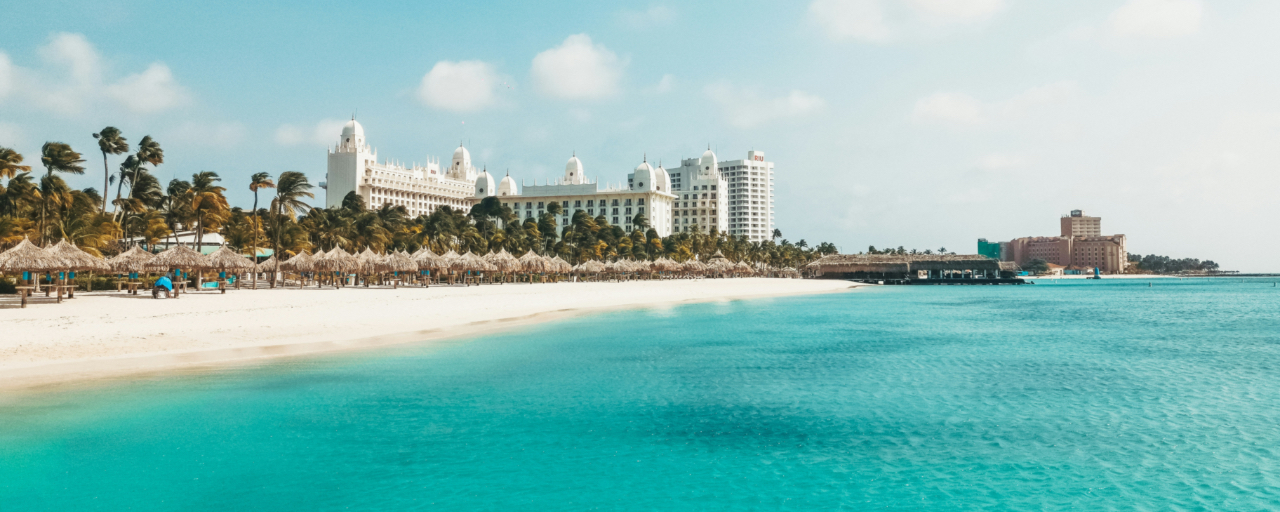
















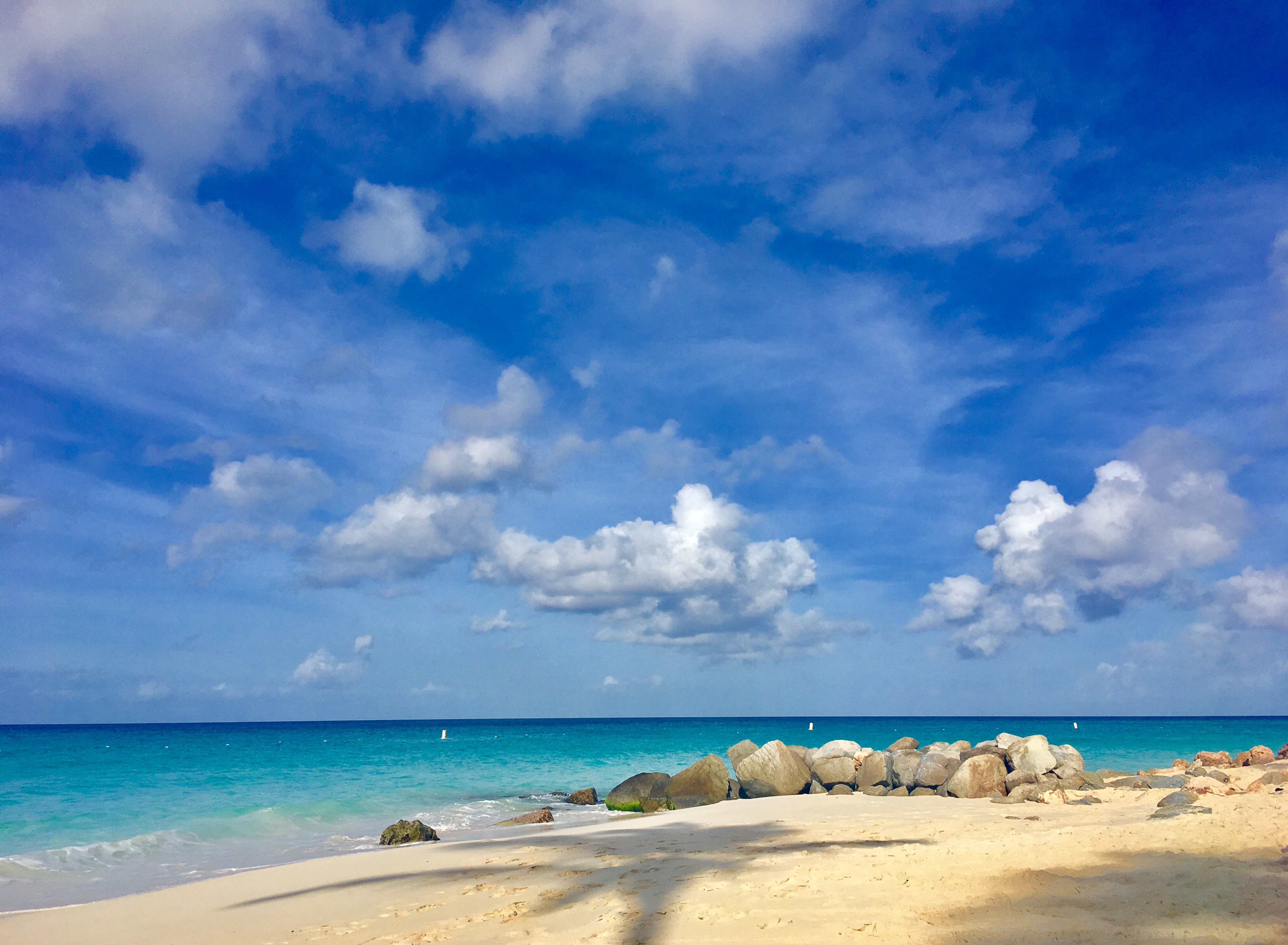
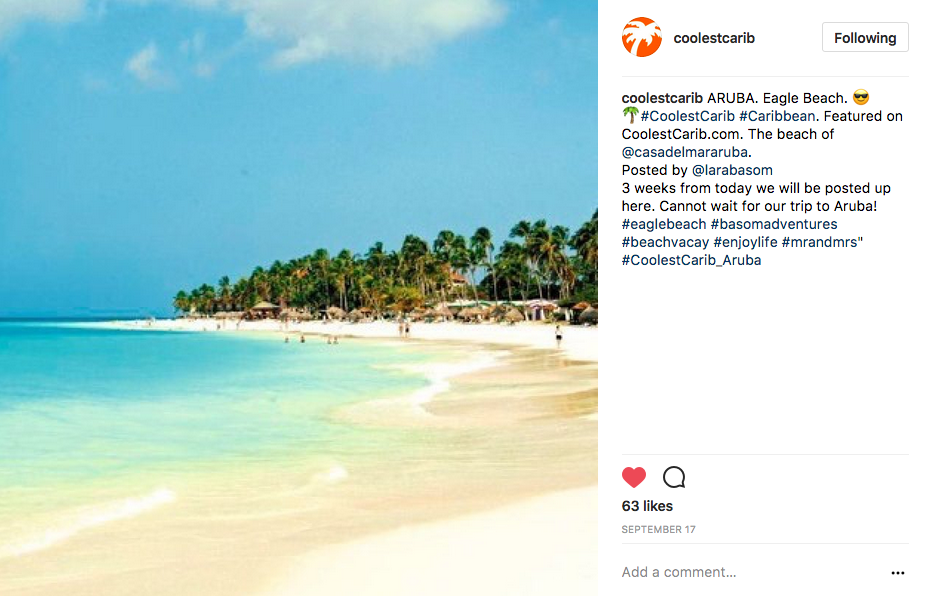


 Lizpiano is a journalist, health lover and piano entertainer/singer who travels the world. She holds a B.A. degree with Music and Psychology as well as an MPhil (Masters) of Journalism. Follow her on Instagram:
Lizpiano is a journalist, health lover and piano entertainer/singer who travels the world. She holds a B.A. degree with Music and Psychology as well as an MPhil (Masters) of Journalism. Follow her on Instagram: